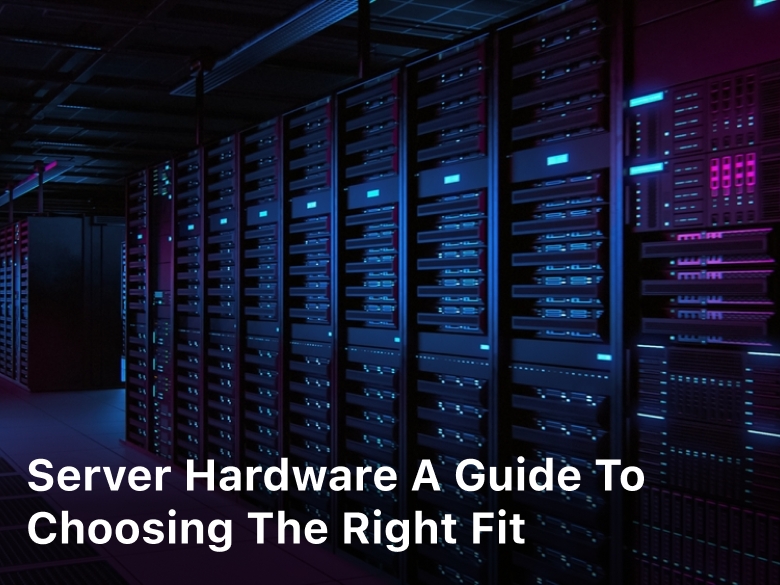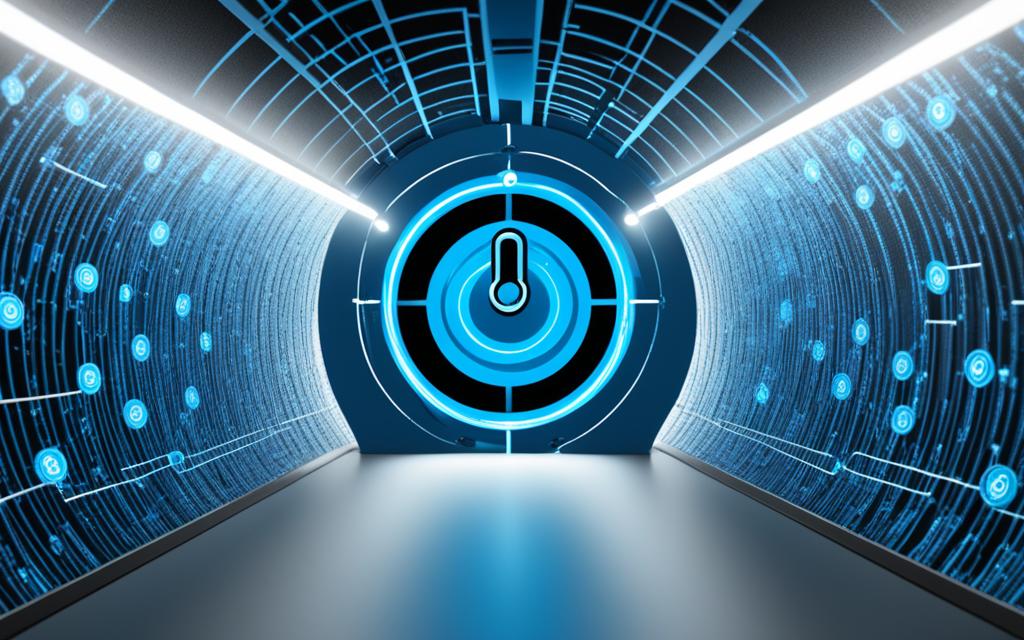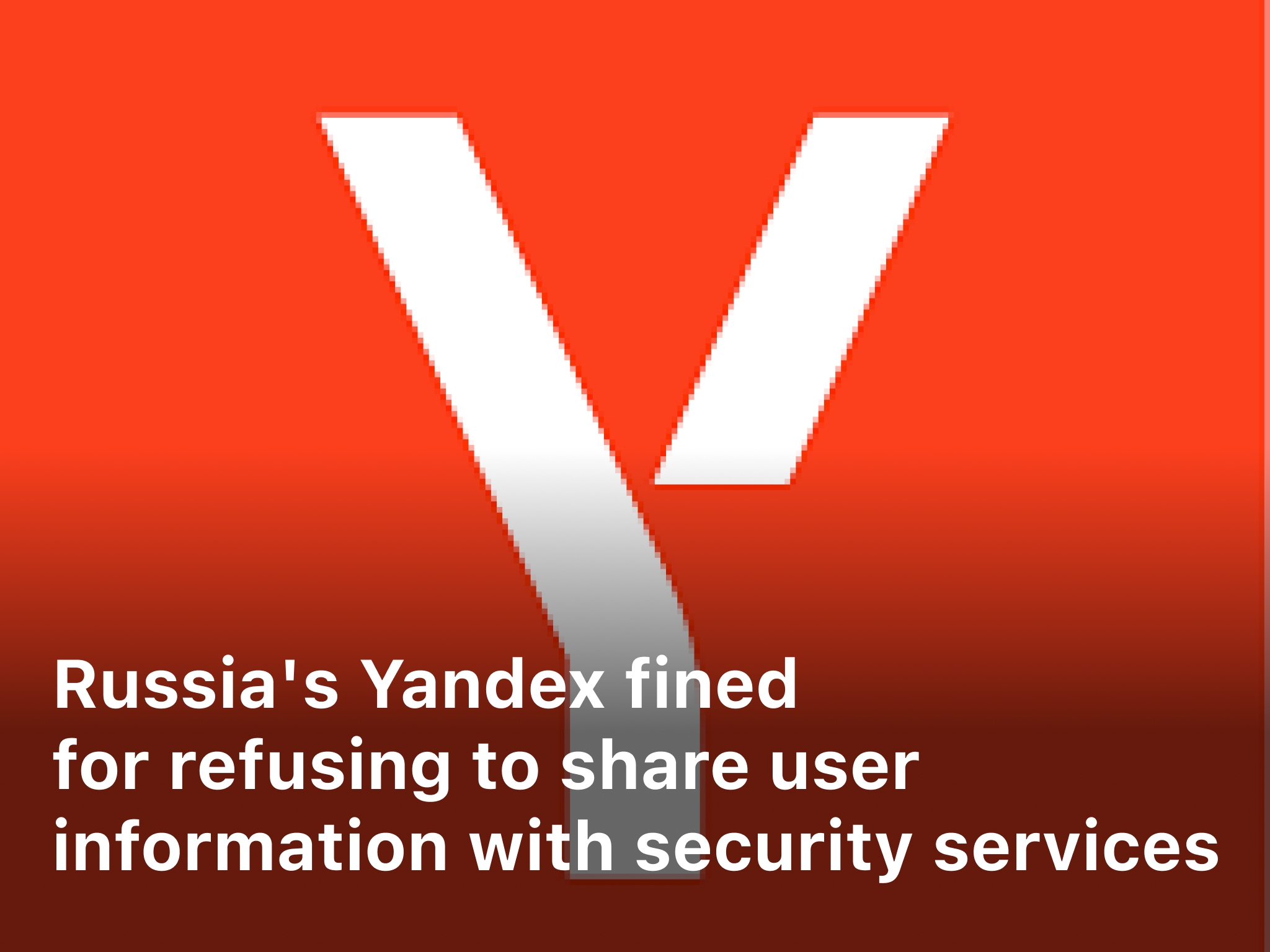Server Hardware A Guide to Choosing the Right Fit
Server Hardware A Guide to Choosing the Right Fit – In this comprehensive guide, we delve into the world of server hardware to help you make informed decisions when selecting the right fit for your needs. Learn about various server components, key considerations, and FAQs to ensure a seamless and efficient experience.
Choosing the right server hardware is a critical decision that can significantly impact the performance and stability of your IT infrastructure.
Whether you’re setting up a small business network or expanding an enterprise data center, selecting the appropriate server hardware is vital for ensuring optimal functionality.
This guide aims to provide you with insights and knowledge to navigate the complex world of server hardware and make the best choices.
Server Hardware A Guide to Choosing the Right Fit
When it comes to server hardware, it’s essential to understand the various components that contribute to the overall performance and functionality of your server.
Let’s take a closer look at each of these components:
Central Processing Unit (CPU)
The CPU, often referred to as the “brain” of the server, plays a crucial role in executing instructions and tasks. When choosing a CPU, consider factors such as the number of cores, clock speed, and cache size. Opt for a CPU that meets your processing needs and can handle the applications you’ll be running.
Random Access Memory (RAM)
RAM is the temporary memory where data is stored while the server is running. Adequate RAM ensures smooth multitasking and efficient data processing. Assess your server’s requirements and opt for sufficient RAM to prevent bottlenecks and slowdowns.
Storage Options
Server storage can impact data access speed and capacity. Choose between Hard Disk Drives (HDD) and Solid State Drives (SSD). HDDs offer higher storage capacity at a lower cost, while SSDs provide faster data access. Consider a combination of both for optimal performance and storage.

Form Factor
The form factor determines the physical size and shape of the server. Rack-mounted servers are ideal for data centers with limited space, while tower servers are suitable for smaller setups. Blade servers offer high density and efficiency in larger environments.
Redundancy and Reliability
For mission-critical applications, redundancy is crucial. Opt for redundant power supplies, cooling systems, and storage options to ensure continuity even in case of hardware failures. Additionally, choose server hardware from reputable manufacturers known for reliability.
Network Connectivity
Consider the network requirements of your server. Gigabit Ethernet ports are standard, but higher speeds like 10GbE or 25GbE may be necessary for demanding applications. Evaluate your networking needs and choose hardware that supports them.
Graphics Processing Unit (GPU)
If your server tasks involve graphics-intensive applications such as AI or video rendering, a GPU can significantly accelerate these processes. GPUs are designed to handle complex calculations and enhance overall performance.
Expansion Capabilities
As your business grows, your server’s requirements may change. Choose a server with ample expansion slots and bays for adding additional components such as extra storage, network cards, or specialized hardware.
Management and Remote Access
Efficient server management is essential for monitoring performance and troubleshooting issues. Look for servers with remote management capabilities that allow you to access and control the server even when you’re not physically present.
Cooling Solutions
Servers generate heat, so proper cooling is vital to prevent overheating and hardware damage. Choose servers with advanced cooling solutions that ensure optimal temperature levels and performance.
Energy Efficiency
Energy costs can add up over time. Opt for energy-efficient server hardware that meets industry standards for reducing power consumption. This not only saves costs but also contributes to a greener environment.
Operating System Compatibility
Ensure that your chosen server hardware is compatible with your preferred operating system. Different hardware components may require specific drivers or support for seamless integration.
Warranty and Support
Investigate the warranty and support options provided by the manufacturer. A comprehensive warranty and reliable customer support can save you from potential headaches down the line.
Key Considerations
Here are some key considerations to keep in mind when choosing the right server hardware:
- Workload Requirements: Understand the specific tasks and applications your server will be handling. Different workloads require varying levels of processing power, memory, and storage.
- Scalability: Plan for future growth. Choose hardware that can accommodate increased demands by allowing for component upgrades or the addition of new servers.
- Performance: Consider the performance needs of your applications. A balance between CPU power, RAM, and storage speed is essential for smooth operations.
- Redundancy and Reliability: Opt for redundant components to ensure uptime in case of hardware failures. Reliable server hardware is crucial for minimizing downtime.
- Compatibility: Ensure compatibility between hardware components and the operating system. Incompatible hardware can lead to driver issues and decreased performance.
- Cooling and Ventilation: Adequate cooling solutions prevent overheating and extend hardware lifespan. Choose servers with efficient cooling mechanisms.
- Energy Efficiency: Energy-efficient hardware reduces operational costs and environmental impact. Look for Energy Star-certified components.
- Management and Monitoring: Remote management tools simplify server administration and monitoring, enabling proactive issue resolution.
- Budget: Determine a realistic budget for your server hardware. Balance performance and features with cost-effectiveness.
- Security Features: Consider hardware-level security features such as hardware-based encryption and secure boot options to safeguard your data.
- Form Factor: Choose a form factor (rack-mounted, tower, blade) that suits your available space and future expansion plans.
- Network Requirements: Evaluate your network needs and choose servers with adequate network interfaces and speeds for seamless connectivity.
- Support and Warranty: Check the manufacturer’s support and warranty offerings. Reliable support ensures prompt issue resolution and minimal downtime.
- Growth Strategy: Align your server hardware choices with your organization’s growth strategy. Consider both short-term and long-term needs.
- Regulatory Compliance: If your industry has specific compliance requirements (e.g., HIPAA, GDPR), ensure that your hardware choices meet those standards.
Remember, the right server hardware should align with your organization’s goals, workload demands, and growth plans. By carefully considering these key factors, you can make an informed decision that leads to optimal performance and efficiency.
FAQs
Can I upgrade the server components in the future?
Yes, many server components can be upgraded. However, it’s crucial to consider future scalability when initially selecting your hardware.
Should I choose a single CPU or dual CPUs?
The choice depends on your workload. Single CPUs are suitable for most applications, while dual CPUs offer enhanced performance for resource-intensive tasks.
What RAID configuration is recommended for data redundancy?
RAID 5 and RAID 6 are popular choices for data redundancy, as they provide a good balance between performance and fault tolerance.
Is ECC RAM necessary for server applications?
ECC (Error-Correcting Code) RAM can detect and correct memory errors, making it highly recommended for server applications where data accuracy is essential.
Can I mix different types of storage drives?
Yes, many servers support mixed drive configurations, allowing you to optimize storage capacity and speed based on your needs.
How do I choose between Windows Server and Linux?
Consider your familiarity with each system and the specific requirements of your applications. Linux is known for its stability and customization, while Windows Server offers a user-friendly interface.
Conclusion
Selecting the right server hardware is a significant decision that requires careful consideration. By understanding the various components, assessing your needs, and keeping scalability in mind, you can make informed choices that lead to optimal performance, reliability, and efficiency for your IT infrastructure.
Keep Reading :
- VPN Unlimited Review Fast & Secure VPN Service
- What is Anti Malware Software Definition
- OMG 2 Release Date in India Along With a Thrilling Movie
- How To Active your Xfinity Activate Modem
- What is a VPN Good for Benefits US Users?
- Here Are Some Pros and Cons of Shared Hosting Services
- How to Watch The Last of Us Series Free Anywhere




